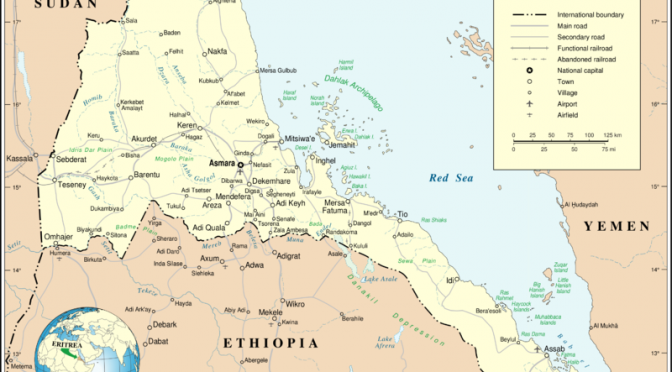Eritrea, a small country located in the Horn of Africa, has enormous potential for wind energy production. With its vast coastline and high altitude regions, the country is blessed with strong and consistent winds throughout the year. This makes Eritrea an ideal location for harnessing wind energy, which could significantly contribute to the nation’s economic development and energy security. However, tapping into this potential is not without its challenges, and it is crucial to understand the opportunities and obstacles that lie ahead.
One of the main opportunities for Eritrea in harnessing wind energy is its potential to reduce the country’s dependence on imported fossil fuels. Currently, Eritrea relies heavily on diesel and other petroleum products for power generation, which puts a strain on its foreign exchange reserves and exposes the economy to fluctuations in global oil prices. By investing in wind energy, Eritrea can diversify its energy mix and reduce its vulnerability to external shocks. This would not only improve the country’s energy security but also contribute to its efforts to mitigate climate change by reducing greenhouse gas emissions.

Moreover, the development of wind energy infrastructure can create significant employment opportunities for the local population. The construction, operation, and maintenance of wind farms require skilled labor, which can be sourced from within the country. This would help to address the high unemployment rate in Eritrea and contribute to the overall economic growth. Additionally, the transfer of technology and know-how associated with wind energy projects can help to build local capacity and expertise in the renewable energy sector.
Another advantage of harnessing wind energy in Eritrea is its potential to provide electricity to remote and off-grid communities. Many rural areas in the country lack access to reliable and affordable electricity, which hinders their socio-economic development. By deploying small-scale wind turbines or hybrid systems that combine wind and solar power, these communities can benefit from clean and sustainable energy, improving their living standards and reducing poverty.
Despite these opportunities, there are several challenges that need to be addressed to fully tap into Eritrea’s wind energy potential. One of the main obstacles is the lack of adequate financing for renewable energy projects. Eritrea is a low-income country with limited resources, and attracting investment for large-scale wind energy projects can be difficult. The government needs to create an enabling environment for private sector participation and explore innovative financing mechanisms, such as public-private partnerships and concessional loans from international development partners.
Another challenge is the lack of a comprehensive legal and regulatory framework for the renewable energy sector. To attract investment and ensure the sustainable development of wind energy, Eritrea needs to establish clear policies, regulations, and incentives that support the growth of the sector. This includes setting targets for renewable energy deployment, streamlining the permitting process for wind energy projects, and providing fiscal incentives such as tax breaks and feed-in tariffs.
Furthermore, the development of wind energy infrastructure requires significant technical expertise and capacity building. Eritrea needs to invest in human capital development and establish partnerships with international organizations and institutions that can provide technical assistance and training in the renewable energy sector.
In conclusion, Eritrea has immense potential for harnessing wind energy, which can contribute to its economic development, energy security, and climate change mitigation efforts. However, tapping into this potential requires addressing the challenges of financing, policy and regulatory frameworks, and capacity building. By overcoming these obstacles and seizing the opportunities presented by wind energy, Eritrea can chart a sustainable and prosperous future for its people.


